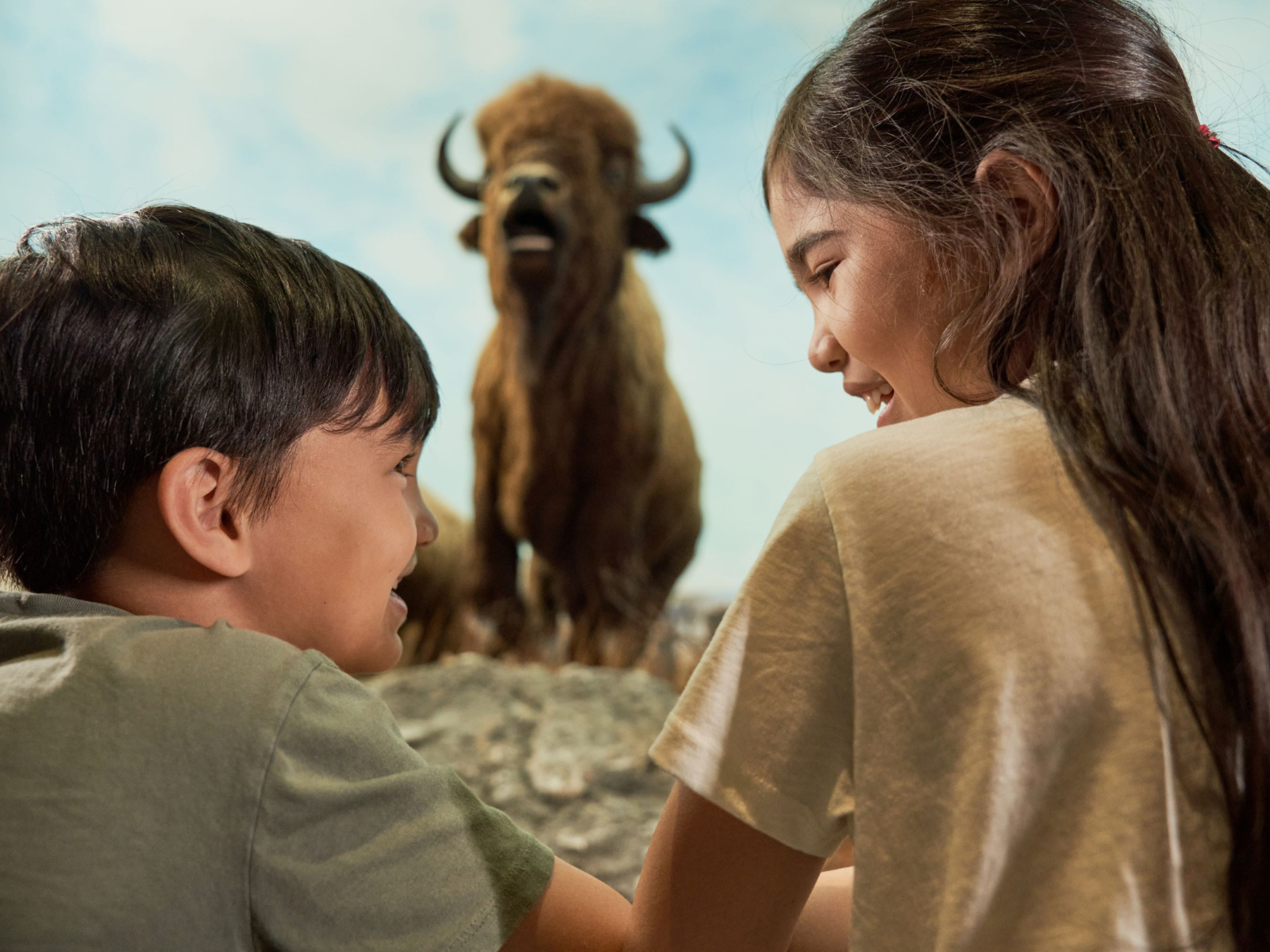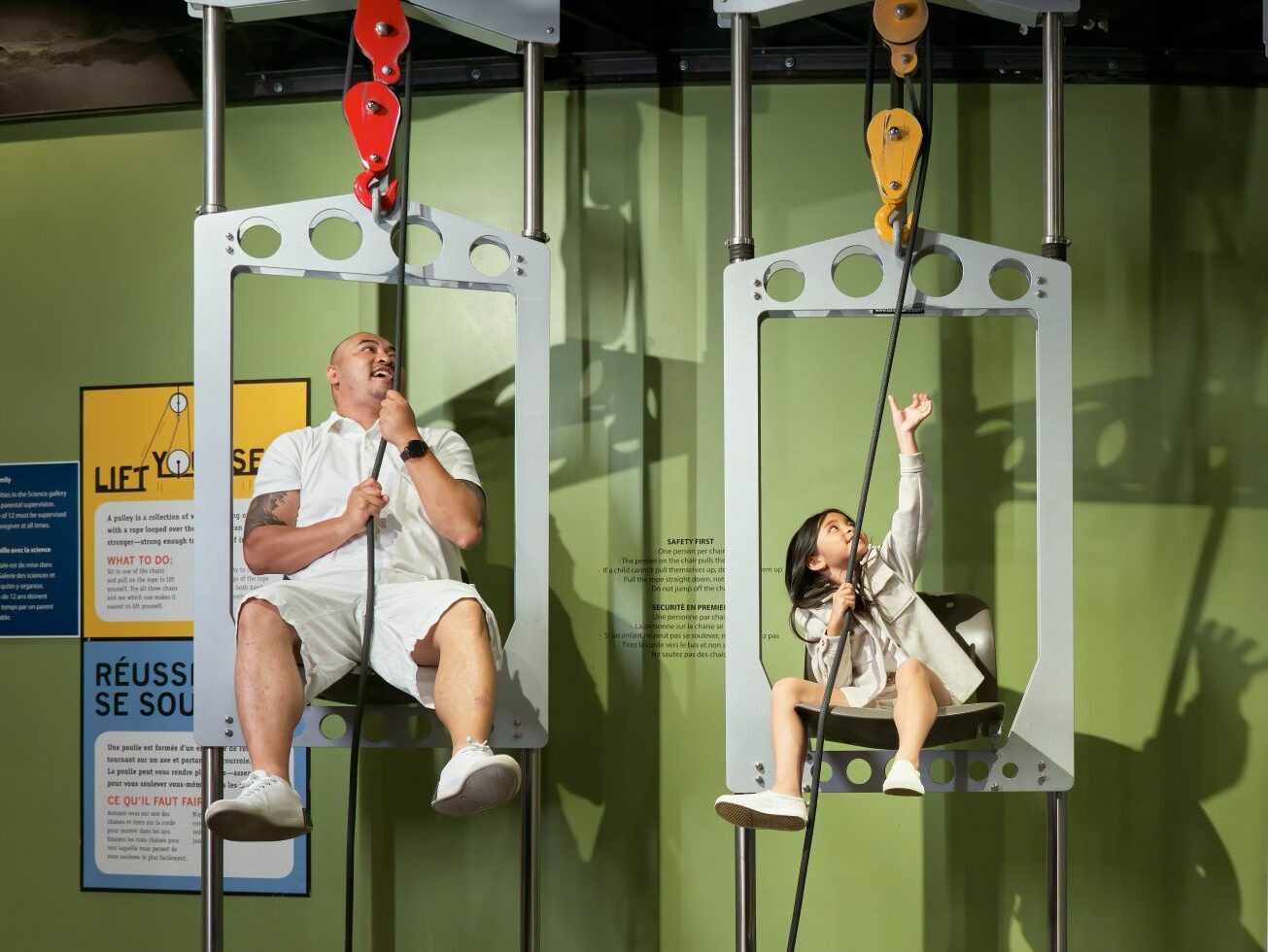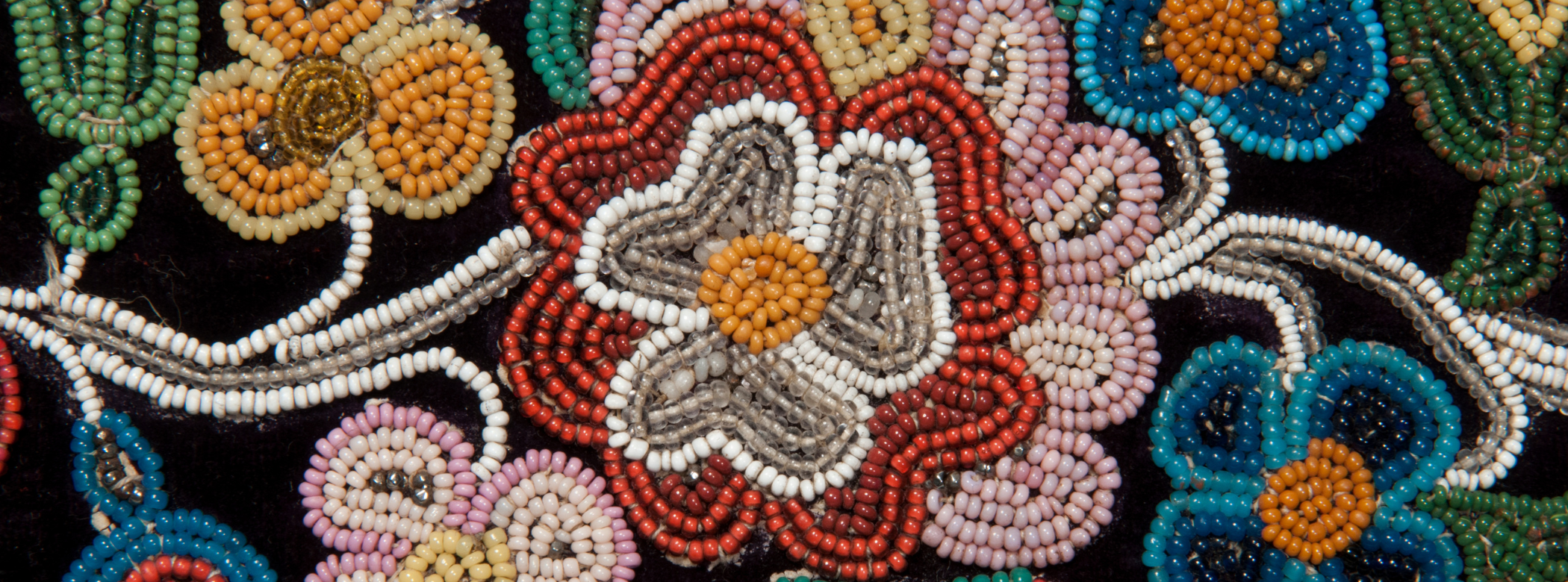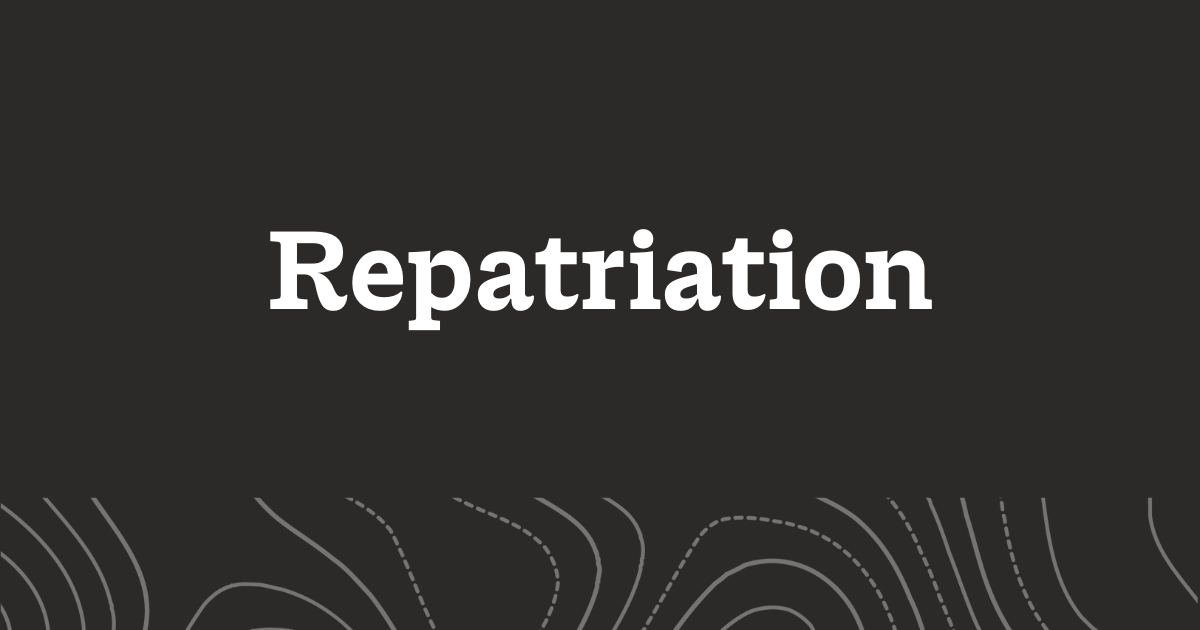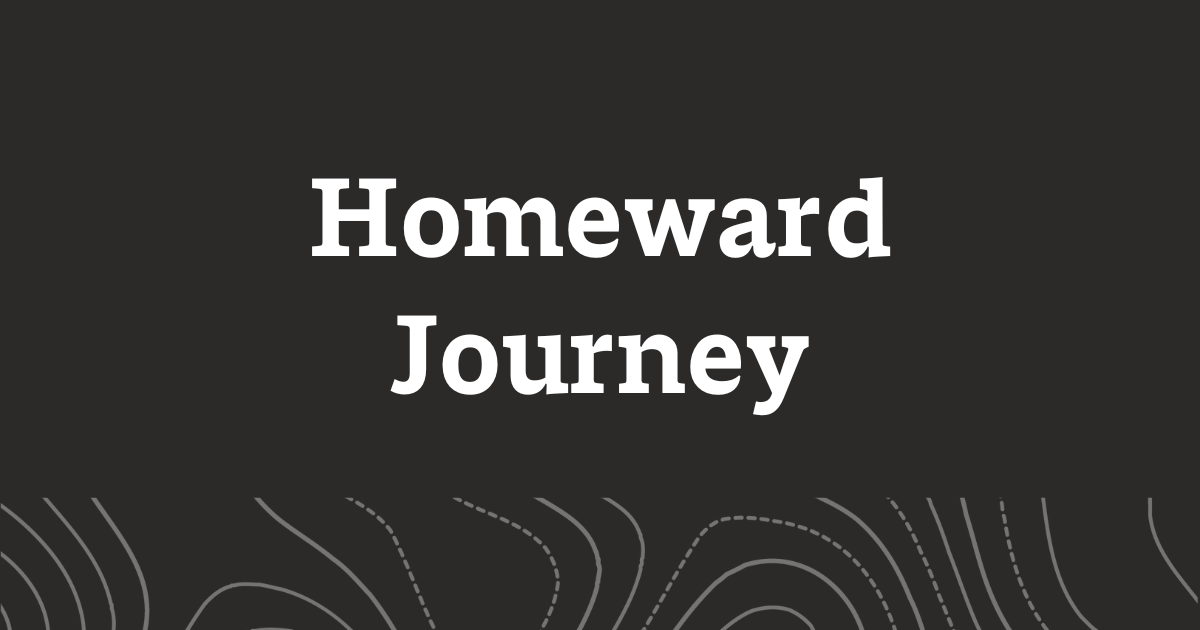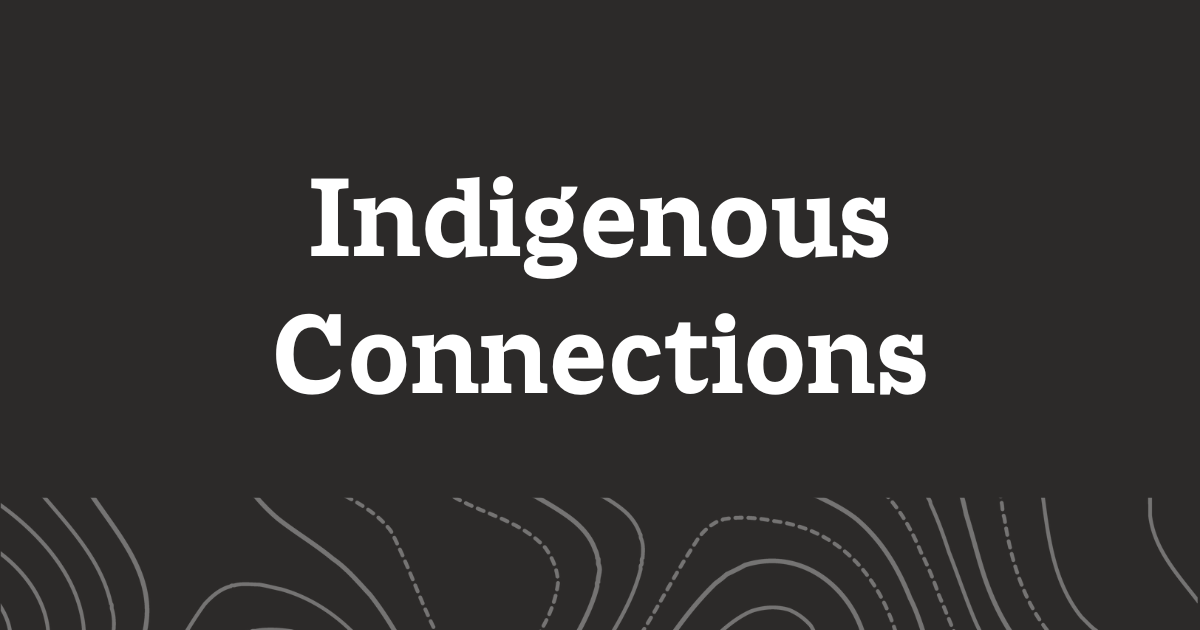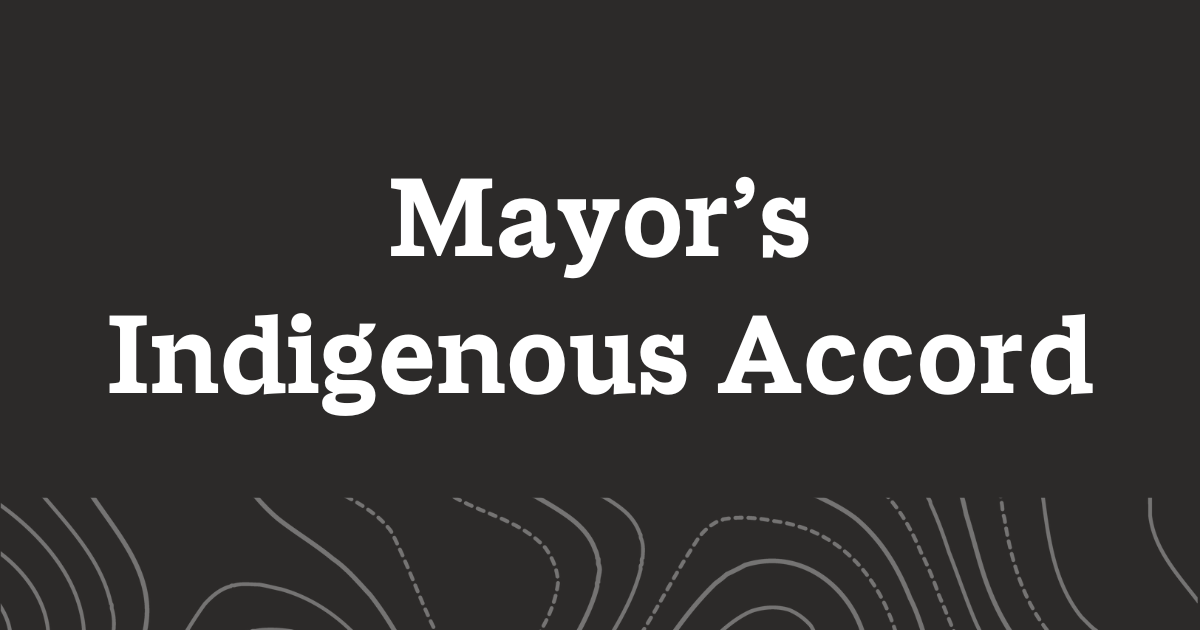The Manitoba Museum acknowledges that we are on Treaty No. 1 land, the ancestral lands of the Anishinaabeg, Ininiwak, Nêhiyawak, and Michif.
These lands, water, and waterways are the unceded territories of the Dakota, and the homeland of the Red River Métis.
The Museum is committed to reflecting the continued legacies of all of the original peoples of this province, including the Ithiniwak, Denesułine, Anisininew, Inuit, and Nakota.
We acknowledge the harms of the past, are committed to improving relationships in the spirit of truth and reconciliation, and appreciate the opportunity to live and learn on these traditional lands in mutual respect.
The Manitoba Museum is dedicated to advancing the Truth and Reconciliation Commission (TRC) Calls to Action and the articles of the United Nations Declaration on the Rights of Indigenous Peoples (UNDRIP).
In the spirit of reconciliation, cultural revitalization, and knowledge and language reclamation, the Manitoba Museum recognizes its larger commitment and responsibility to honour the unique relationship between Indigenous peoples and the Museum. This conscious recognition endeavors to support the practice and revitalization of Indigenous cultural traditions—past, present, and future.
Indigenous Advisory Circle to the Manitoba Museum
Dr. Cary Miller, Chair, Associate Vice President Indigenous: Curriculum, Scholarship, and Research, University of Manitoba, Anishinaabekwe, Wisconsin;
Elder Joe Hyslop, Past Member of Treaty Relations Council of Elders, Lac Brochet, Northlands First Nation, Denesouline;
Elder Kevin Tacan, Cultural Consultant and Educator, Brandon University, Dakota, Sioux Valley Dakota Nation;
Dr. Kyle Bobiwash, Assistant Professor and Indigenous Scholar, University of Manitoba, Mississauga First Nation;
Ron Cook
Taylor Galvin
Jaimie Isaac, Curator, Artist, Curatorial Advisor at the Art Gallery of Greater Victoria, Scholar in Residence at Seven Oaks School Division; past Chief Curator – AGGV; past Curator of Indigenous and Contemporary Art – WAG;
Kathryn McBurney
Sharissa Neault, Resource and Outreach Manager – The Manitoba Indigenous Cultural Education Centre, Online Learning Coordinator, Manitoba Indigenous Cultural Education Centre, Fox Lake Cree Nation;
Arnatsiaq Qvist
Past Indigenous Advisory Circle (IAC) Advisors:
Dr. Darrell Racine, Assistant Professor, Brandon University, Métis, Turtle Mountain;
Fred Ford, Past President/Board Chair, Manitoba Inuit Association, Inuit;
Maxine Angoo, Services Coordinator, Tunngasugit Inuit Resource Centre, Whale Cove, Nunavut;
Sophia Rabliauskas, Teacher, Poplar River Elementary School, Anishinaabekwe, Poplar River;
Shawna Wolfe, Policy Advisor – Fisheries and Oceans Canada, Environmental Professional, Métis.
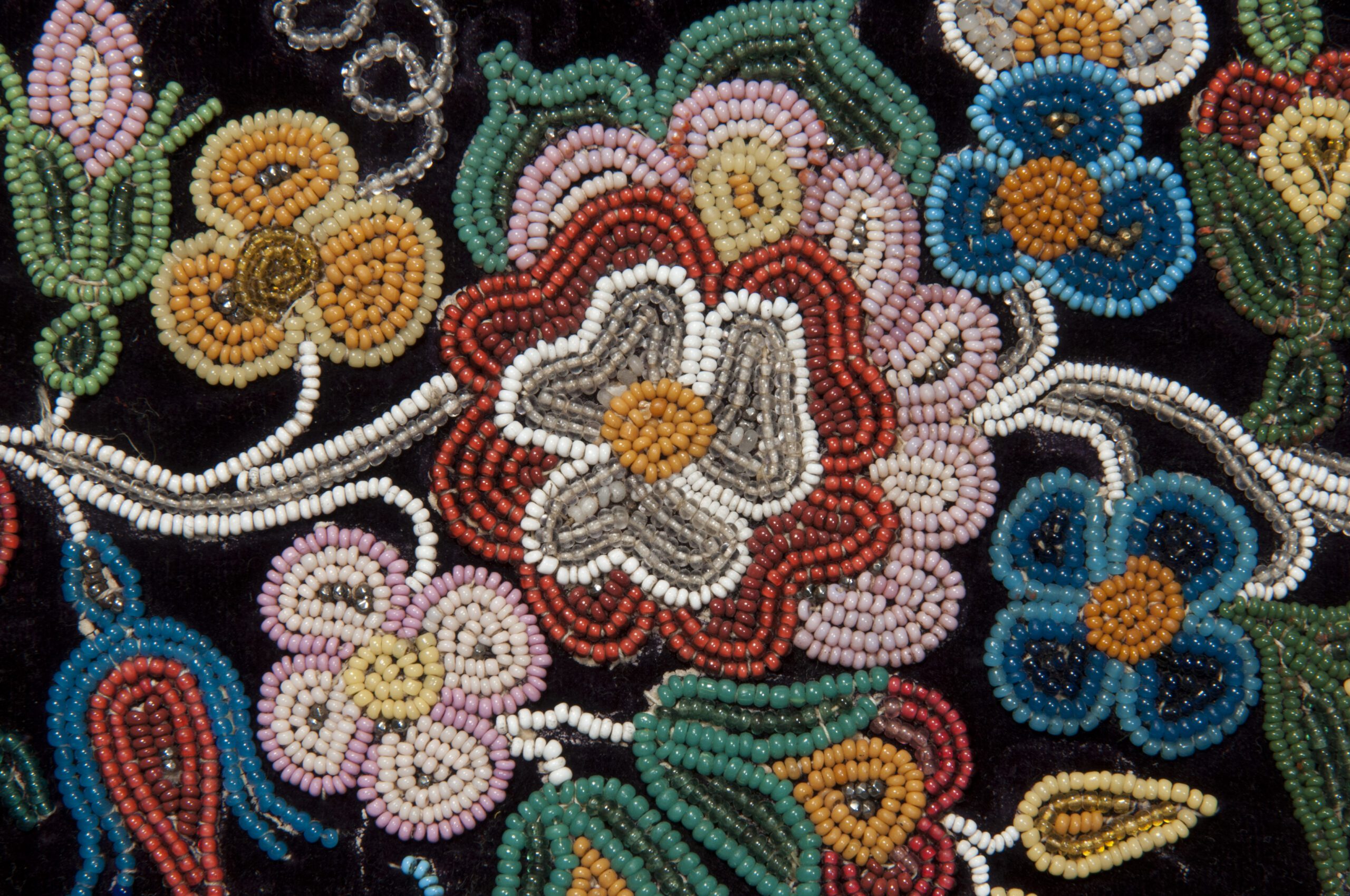
Indigenous Admissions
In accordance with the Truth and Reconciliation Commission (TRC) Calls to Action and the United Nations Declaration on the Rights of Indigenous Peoples (UNDRIP), the Manitoba Museum provides Indigenous visitors complimentary access to all Museum venues.
Indigenous Complimentary Access at the Museum is in the spirit of Reconciliation, cultural revitalization, and knowledge and language reclamation as part of a larger commitment and responsibility to honour the unique relationship between Indigenous peoples and the Manitoba Museum. This conscious anti-colonial act endeavours to support the practice and revitalization of Indigenous cultural traditions, past, present, and future, and to maintain, develop and transmit to current and future generations Indigenous histories, languages, oral traditions, ceremonies, technologies, skills, philosophies, writing systems, and literature.
Economic Reconciliation
At the Manitoba Museum, we recognize that economic reconciliation is an essential part of our commitment to truth and reconciliation. We actively engage in initiatives that support Indigenous economic empowerment and foster meaningful connections with Indigenous communities.
Explore our efforts in economic reconciliation:
